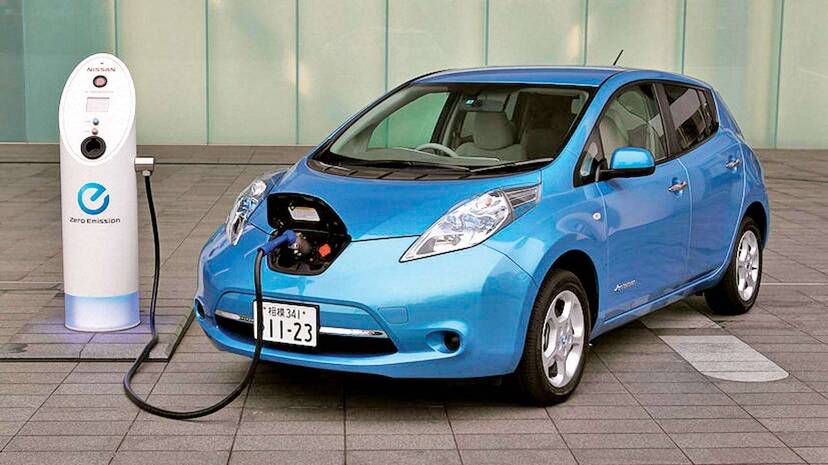

KSEB has introduced free charging facility for such vehicles in the state as part of its promotion of electric vehicles. The service was provided free of charge as there were not many electric vehicles. The gradual increase in the number of electric vehicles is the impetus for KSEB's decision not to continue vehicle charging for free. It has also decided to charge Rs 15 per unit for charging electric vehicles. No one is telling to provide free electricity all the time. But the problem here is another thing. The dispute is over the injustice of electric vehicle owners having to pay Rs 15 per unit of electricity. Even industrial consumers do not have to pay such high rates. The decision to levy exorbitant rates on e-vehicle owners is against the policy announced by the Central and State Governments.
A number of concessions have already been announced to promote electric vehicles in the country. The e-vehicle policy was introduced to reduce air pollution caused by biofuels and reduce dependence on petroleum products. There is a huge discount on the registration fee for e-vehicles. There are other exemptions. Production and sales of electric vehicles are steadily increasing. They are expected to take on the streets in the next ten years. The e-vehicle industry is also undergoing revolutionary changes. Research is also underway to increase the capacity of the batteries required for these. E-vehicles currently have the power to run three or four hundred kilometers on a single charge. Attempts are being made to develop a battery that can increase the length.
KSEB has opened six charging stations in the state. These are within the limits of six corporations. As the sales of e-vehicles increase, 56 more charging stations will be set up soon. So far this year, 3318 e-vehicles have been sold in different districts. The task of the Electricity Board should be to make the necessary charging stations within reach. At the same time, a sympathetic approach should be taken to the electricity rates charged. It is estimated that a car needs between thirty and fifty units of electricity to charge once. It will cost between Rs 450 and Rs 750. It can be said that it is cheaper than petrol but it is much higher than the rates charged from other sectors. Do not forget that the price of electric vehicles is also very high.
The government is expected to take steps to provide maximum incentives when the transport sector is choosing a new mode. KSEB's move to charge Rs 15 per unit is not in line with the e-vehicle policy. It must be reconsidered.